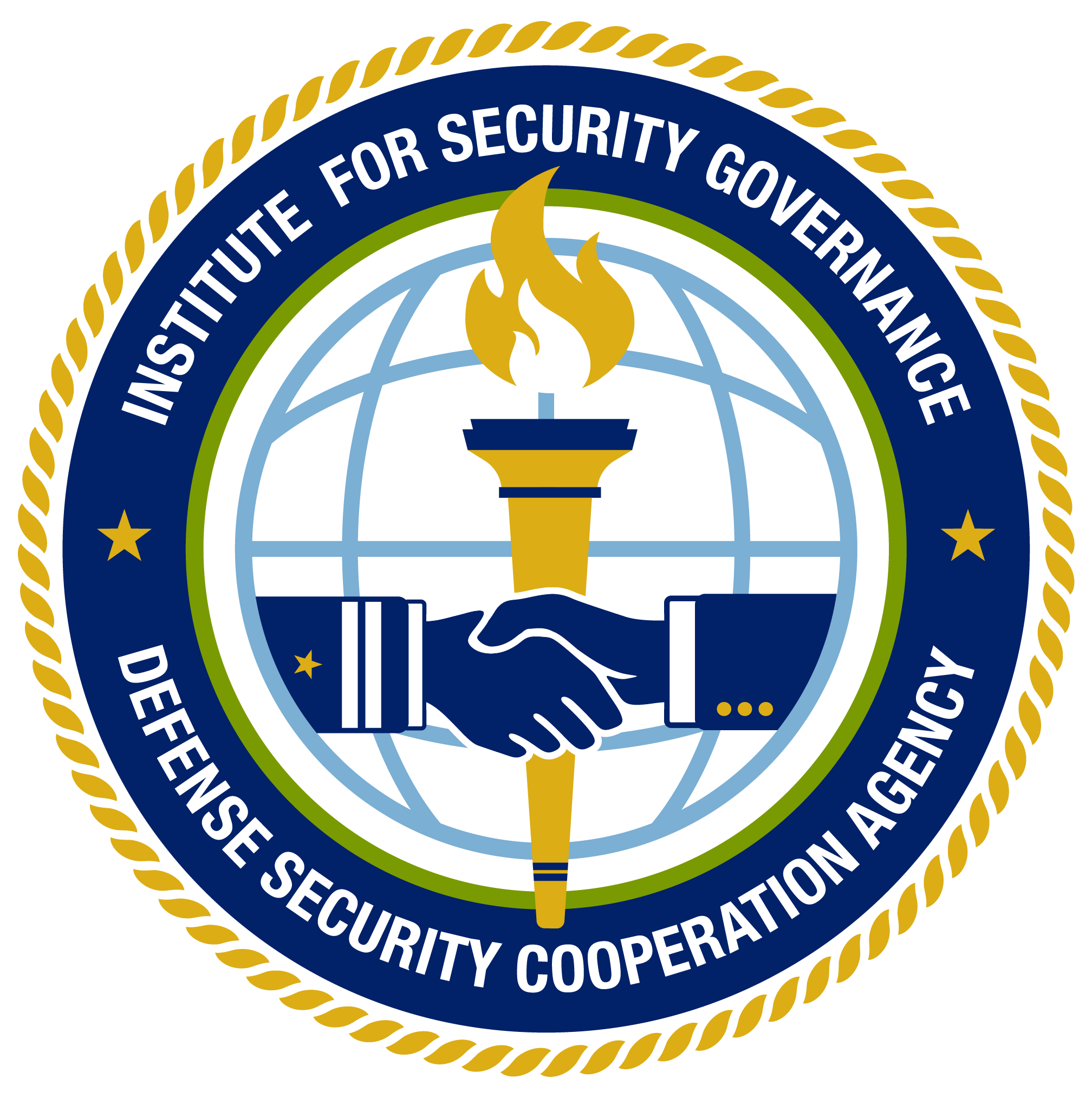Dr. Tristan Mabry discusses power sharing arrangements that can be used to defuse group conflict with students in the CCMR in-residence course “Managing Ethnic Conflict and Religious Violence." - Defense Security Cooperation University
ABOUT
defense security cooperation university
2800 defense pentagon, washington, dc 20301-2800
commercial telephone: 571-372-3728 (571-372-DSCU)
international toll-free: 833-438-3728 (833-GET-DSCU)
information requests: dsca.dscu.info@mail.mil
Social Media:
STUDENT SUPPORT
the school of sc studies
the institute for security governance
naval support activity monterey
1635 cunningham road (bldg, 259), monterey, CA 93943-5011
commercial telephone: +1 831.656.3171
fax: +1 831.656.3351
email: ISGINFO@NPS.EDU
website: instituteforsecuritygovernance.org
Social Media:
the defense institute of international legal studies
441 elliot avenue, newport, ri 02841-1531
commercial telephone: 401-841-6000
website: dscu.edu/diils
Social Media:
publications & resources
sc certification
-
ABOUT
- DSCU
- CAREERS & OPPORTUNITIES
-
ADDITIONAL INFO
defense security cooperation university
2800 defense pentagon, washington, dc 20301-2800commercial telephone: 571-372-3728 (571-372-DSCU)
international toll-free: 833-438-3728 (833-GET-DSCU)
information requests:
dsca.dscu.info@mail.mil
Social Media: - ABOUT
- STUDENT SUPPORT
- SSCS
-
ISG
- ABOUT
- OUR WORK
- NEWS
- RESOURCES
-
ADDITIONAL INFO
naval support activity monterey
1635 cunningham road (bldg, 259), monterey, CA 93943-5011
commercial telephone: +1 831.656.3171
fax: +1 831.656.3351
email: ISGINFO@NPS.EDU
website: instituteforsecuritygovernance.org
Social Media: - ISG
-
DIILS
- ABOUT
- LEARNING
-
ADDITIONAL INFO
441 elliot avenue, newport, ri 02841-1531
commercial telephone: 401-841-6000
website: dscu.edu/diils
Social Media: - DIILS
- RESOURCES
- CERTIFICATION
-
DSCU

Defense Security Cooperation University
CSOD Prelaunch Message
NOTE: A Common Access Card (CAC) and CSOD account are required
Registration is completed using a system called Cornerstone on Demand (CSOD) hosted by the Defense Acquisition University (DAU). You will sign in to this system on the next screen.
If you currently occupy a Security Cooperation Workforce position and do not see any courses listed after signing in to CSOD, please press the button at the top of your screen to open Frequently asked questions, and read the solutions under the "CSOD Sign In Issues" category.
Press the button below if you are ready to proceed. If you have trouble signing in, press the the next screen's "Need help signing in?" link To Get help.
Defense Security Cooperation University
Certification Center Prelaunch Message
NOTE: A Common Access Card (CAC) is required to access the Certification Center
If you receive an "Untrusted Site" or "Untrusted SSL Server Certificate" error when trying to access the Certification Center, please follow the instructions in the link below to update your Internet browser's certificates, and then try again.
How to Update Browser Certificates for the Certification Center
Dr. Tristan Mabry discusses power sharing arrangements that can be used to defuse group conflict with students in the CCMR in-residence course “Managing Ethnic Conflict and Religious Violence."
Posted: Dec 1, 2015
This 2-week seminar offered by the Prevention Relief & Recovery (PR&R) Program of CCMR introduces contemporary thinking on what causes and animates ethnic and religious tensions and violence. Participants learn and practice conflict analysis to facilitate evaluation of the various approaches governments use to manage these difficult situations. The engagement includes case studies as well as the personal testimonies of insiders from recent ethnic and religious violence. Participants will explore effective strategies of prevention and response and defense-sector reforms to enhance capacity, as well as develop their own take-away products. The workshop is oriented at the conceptual and societal level of analysis – it will not focus on tactical security techniques for confronting violence. The seminar is highly relevant for participants who either live in divided societies or may operate in areas facing ethnic or religious divisions.
Since participants will be a mix of US and international civilian and military officials the seminar provides an excellent opportunity for cross-community engagement and the development of partnering skills. This seminar is E-IMET certified.
Objectives:
- Develop a strong understanding of the origins and dynamics of ethnic and religious violence.
- Review and apply analytical tools for conflict analysis.
- Investigate the various approaches used to prevent and respond to ethnic and religious violence and develop alternative approaches or strategies.
- Explore the typical errors countries make and compile a more effective strategy of prevention and response.
- Discuss and develop defense and security sector institutional reform proposals that can better equip national forces to prevent or respond to ethnic and religious violence.
- Develop participant’s own case studies and learning modules to facilitate sharing and proliferation of key concepts once participants return to regular duty.
- Build professional networks between and among conflict prevention and conflict management practitioners from the US and other countries.